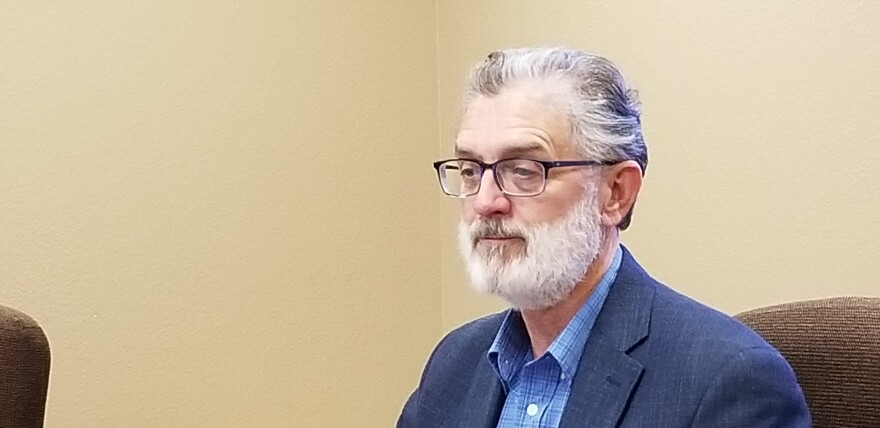North Dakota’s mineral resources director said since a carbon capture and storage project at the Richardton Red Trail ethanol plant got the preliminary go-ahead, interest is ramping up for similar projects.
The hearing on that project was held Aug. 12th – and Lynn Helms said the state Industrial Commission will look at the project in its October meeting.
And he said it seems to be sparking interest from other companies.
"I've had discussions about 17 more projects, lining up behind that one," Helms said.
Helms said North Dakota has the right geology for carbon storage.
"The capital is really wanting to flow to these projects," Helms said. "We're going to create a lot of jobs, we're going to create a lot of wealth for pore space owners. It's going to be really beneficial to North Dakota's economy."
Helms said once the CO2 is safely stored, it will be available for enhanced oil recovery, and it could open the door for such things as “blue hydrogen.” Plans are in the works to convert the Great Plains Synfuels plant into a blue hydrogen producing facility.
Using 'legacy' oil wells for carbon storage
Helms said the federal infrastructure bill now pending in Congress has grants available for the orphan well reclamation program. He said there are two grant programs – and the state could be eligible for a total of $50 million. But Helms said companies are looking at those legacy wells to store CO2.
"They're (legacy wells) are disappearing quite rapidly," Helms said. "I think we have about half as many conventional wells as we had when the Bakken boom started."
So Helms said the state will be very strategic with those federal grants.
"We'll go in and take care of the liabilities associated with some of those potential enhanced oil recovery and CO2 storage assets, so that they remain on the table for targeted carbon storage," Helms said. "That really is the hot topic in today's world."


